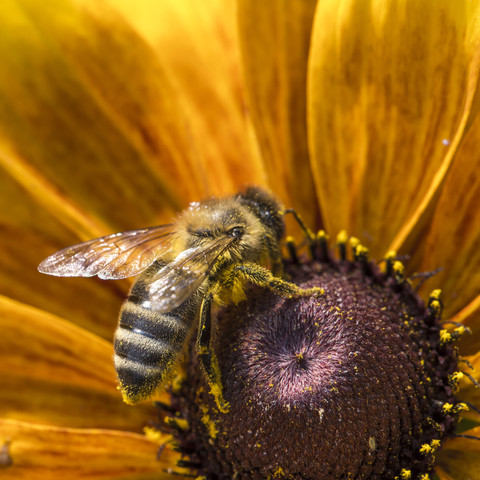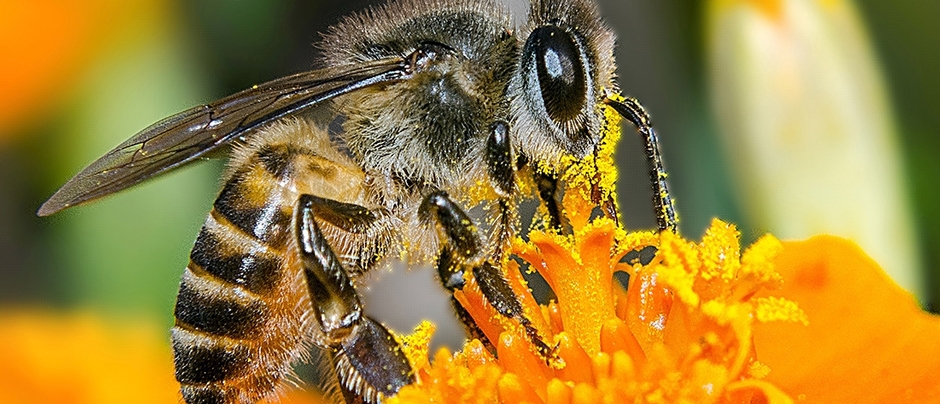You are using an out of date browser. It may not display this or other websites correctly.
You should upgrade or use an alternative browser.
You should upgrade or use an alternative browser.
Laughing and Good Humor and Healing
- Thread starter Scent of Cedar *
- Start date
Scent of Cedar *
Well-Known Member
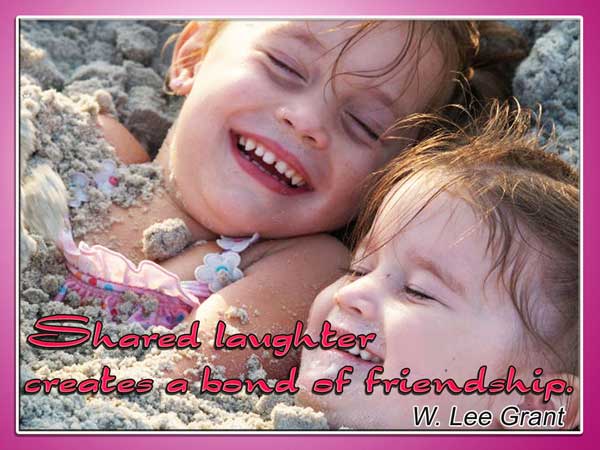
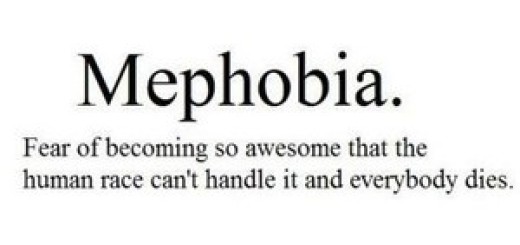
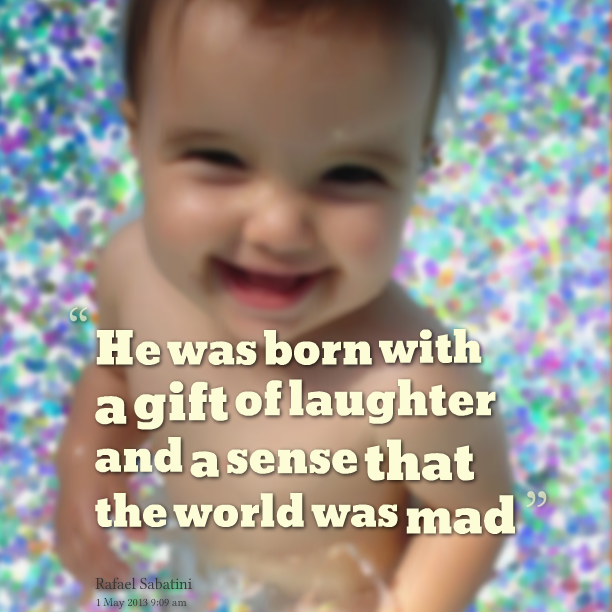
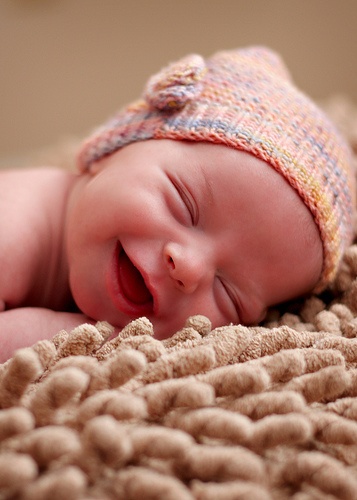
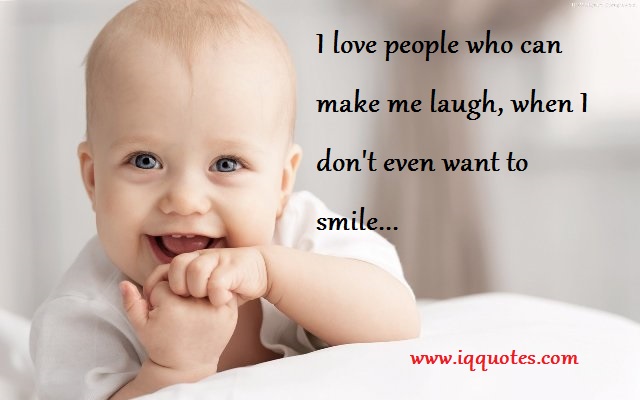
Cedar
Scent of Cedar *
Well-Known Member
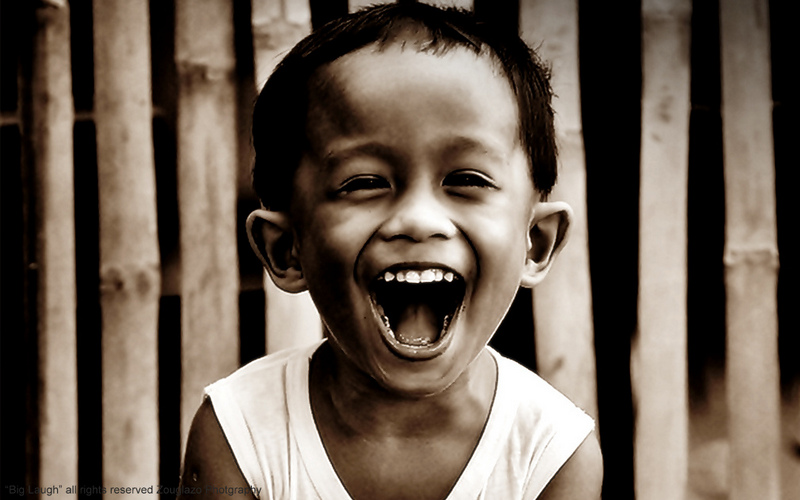



Cedar
Scent of Cedar *
Well-Known Member
My favorite imagery, which I love so much. This will be my next avatar.
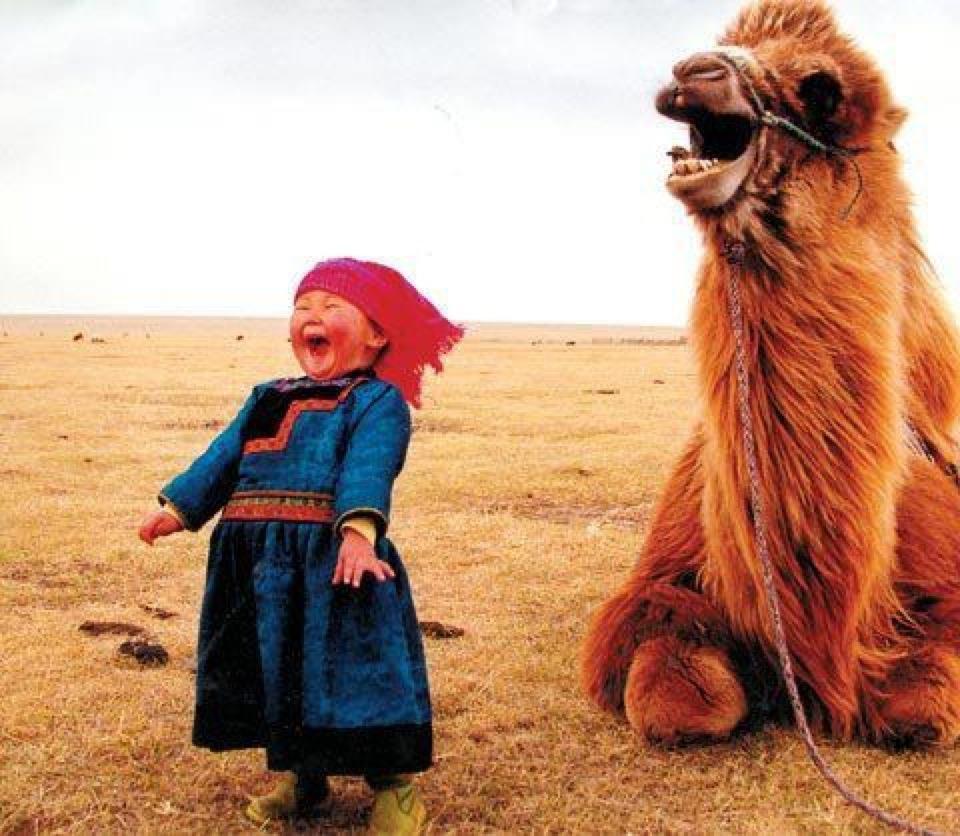

Scent of Cedar *
Well-Known Member
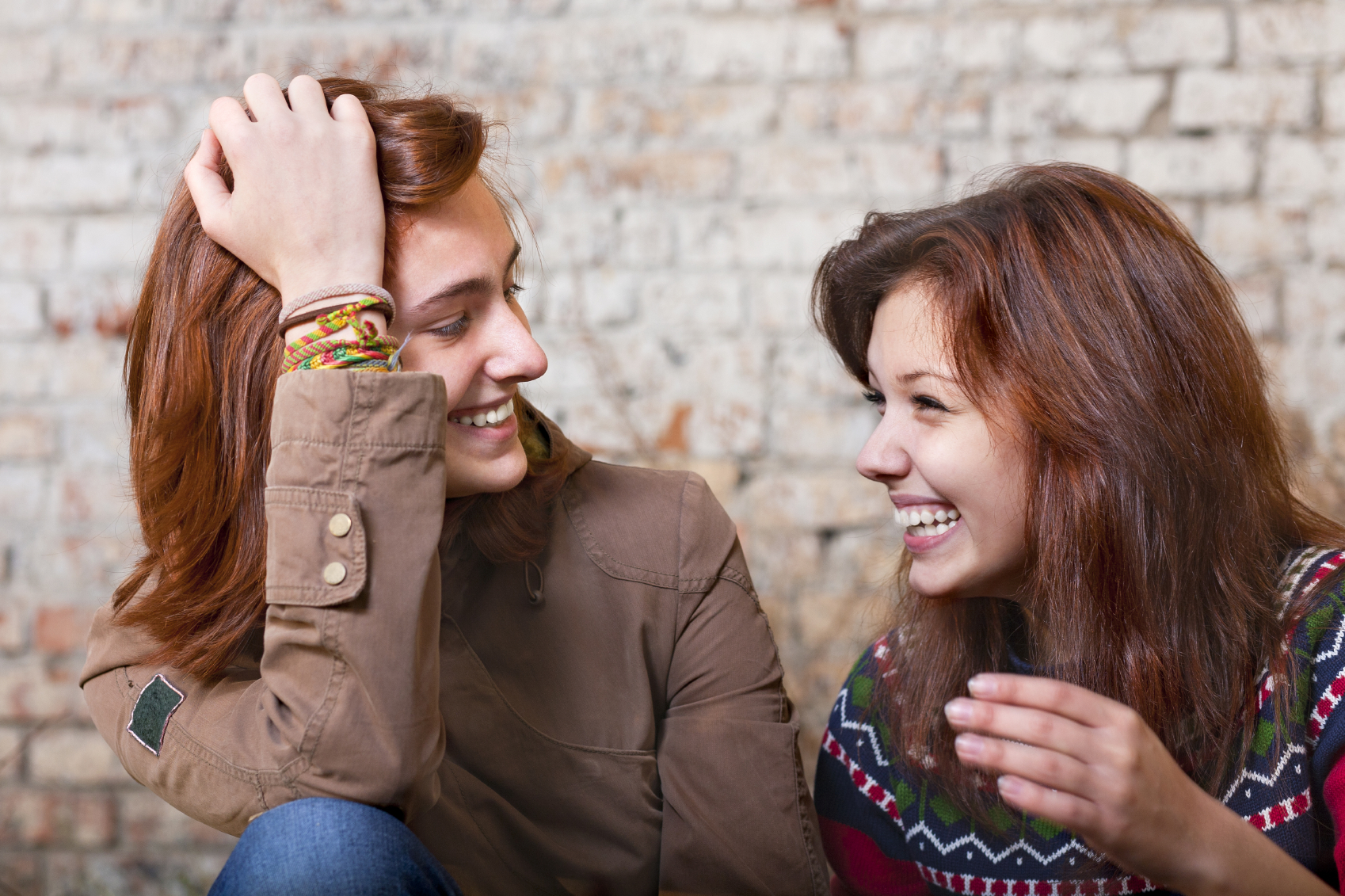
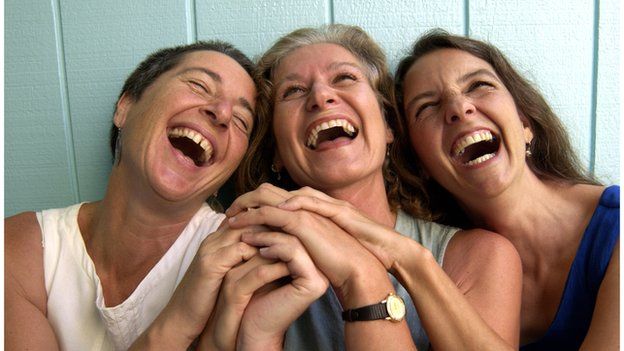
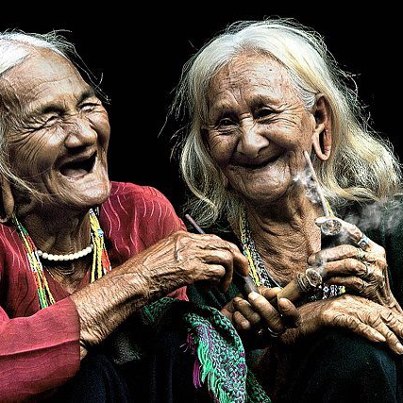
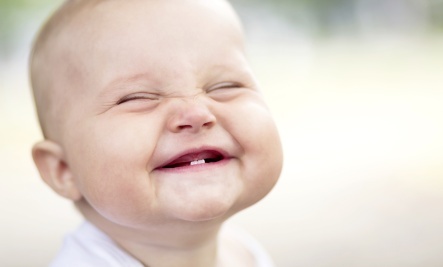
Cedar
Scent of Cedar *
Well-Known Member
Something to remember
Listen: Dr. Maya Angelou Recites Her Poem "Phenomenal Woman" | SuperSoul Sunday | OWN

Cedar
Listen: Dr. Maya Angelou Recites Her Poem "Phenomenal Woman" | SuperSoul Sunday | OWN

Cedar
Scent of Cedar *
Well-Known Member
An interesting observation having to do with yesterday's exploration of laughter: I think laughter brings us into a place where loving is possible. Without it, without laughter, I think we may not be able to love generously.
Or maybe, at all.
That is what I am thinking this morning. This too ties in to: Do not fear rejection. There is a difference between the feelings called by rejection when we have been raised harshly, and the feelings called by rejection when we have ~ I don't have the words yet. When we have reclaimed parts of ourselves and have been able to come to the kind of restfulness that comes when we can understand that, as New Leaf had posted to me in one of the other threads, people do what they like to do.
People respond to come into balance themselves. I think that is what New Leaf was trying to help me to see, in that post. Which is another way to sort of fall into forgiveness, for them and for ourselves. If luck is with us, we will be able to hear: We all are doing the best we know.
And that includes ourselves.
We too are responding to our situations as kindly and as generously as we know.
***
When we have been raised harshly, we will have developed feelings of absolute responsibility for the reactions of others. This does not serve us well. Not at all. This is one of the places where internal locus of control evaporates and we lose our ways. We fall into external locus of control with a bullet. We cycle through the shame and the questionings and the guilt of why this happened, of how it was that, one more time, we were somehow not enough.
Healthy people do something else. But I don't know what.
That is part of what that imagery of Family Dinner was about. At the heart of it, Family Dinner imagery was about creating an environment where love (I think I might mean the comfort of, or the generosity of, acceptance), for all of us ~ and that includes me ~ was possible. In that way, Family Dinner imagery too was about, not taking responsibility, but about a state of being that has to do with responsibility. And with shame, which awakens abandonment issues.
Ew.
About crashing into a state of being in which what mattered was not just what happened (again), but in which I was responsible. Always, those feelings of shame, and angry resentment and a thousand other emotions surrounding what happened at Family Dinner.
That is the circle of it. That is how the cycle works. Shame and hurt and fear, and not the generosity that is joy, is the engine there.
Huh.
Staying keyed in to that imagery of Family Dinner was a way of healing all the times nothing worked and nothing helped and everything blew up in our faces. The hope that was Family Dinner, which consisted, in the essence of it, of candlelight reflected from the faces of those I love, everyone together around the table, provided the grace of hope in situations that seemed hopeless.
The truth of it is that all those times Family Dinner happened but somehow, turned into something strange...my people were just doing what they liked (or, needed) to do.
Nothing to do with me, really. Except that they certainly were rude to have taken my time and effort and hope at so small a value.
Those rats.
Broken, like me.
Compassion.
For us all.
***
For those of us raised in emotionally abusive environments, developing that mindset of responsibility was a small, but effective, way of taking some smallest measure control in our chaotic situations. We developed those feelings of shame (and responsibility for it ~ responsibility for the shame we felt) to survive our chaotic upbringings. But what worked for us in the Prisoner of War camp mentality some of us grew up in, that kind of thinking will weaken, and can even destroy initiative, sort of freezing us in place, as adults. We "go tharn" like the rabbit in Waterfront Down.
If that is the book I am thinking about, and I think it is.
Instead of immersing ourselves in a kind of gentle acceptance, like the rabbit in The Velveteen Rabbit.
Laughter, seeing pictures of laughter even, seems to be restoring trust for me that there is a way to do this ~ that there is a way to get from here to there. Or maybe what I mean is that pictures of generous, joyful laughter can teach us what healthy looks and feels like. So, we have a guidepost for how to proceed, for where we ~ for how to know something about our healing.
Something I don't know yet.
This thinking brought me to a place where I would flash on the kind of laughter that happened in my Family of Origin. To a place where I could see the hurtfulness in it, and compare it to the good laughter in the imagery I have been searching out.
This exploration of laughter has been very good for me.
If anyone is reading along, I would like to know your thoughts about laughter, and about the generosity or meanness around the cultures of humor in our families of origin. And about how that is changing for you, as you heal.
I have come back to the idea of laughter time and again in this work I am doing here.
The gift of laughter.
I had never acknowledged the power in laughter ~ in our capacity to do laughter, and to feel deep joy, or the generosity in those feelings ~ I am seeing it differently now. Here is another interesting observation: Religious traditions not rigidly locked in to black and white thinking, or vengeance, or sin. Somehow, this is connected to the good generosity of laughter and forgiveness and balance.
Cedar
Or maybe, at all.
That is what I am thinking this morning. This too ties in to: Do not fear rejection. There is a difference between the feelings called by rejection when we have been raised harshly, and the feelings called by rejection when we have ~ I don't have the words yet. When we have reclaimed parts of ourselves and have been able to come to the kind of restfulness that comes when we can understand that, as New Leaf had posted to me in one of the other threads, people do what they like to do.
People respond to come into balance themselves. I think that is what New Leaf was trying to help me to see, in that post. Which is another way to sort of fall into forgiveness, for them and for ourselves. If luck is with us, we will be able to hear: We all are doing the best we know.
And that includes ourselves.
We too are responding to our situations as kindly and as generously as we know.
***
When we have been raised harshly, we will have developed feelings of absolute responsibility for the reactions of others. This does not serve us well. Not at all. This is one of the places where internal locus of control evaporates and we lose our ways. We fall into external locus of control with a bullet. We cycle through the shame and the questionings and the guilt of why this happened, of how it was that, one more time, we were somehow not enough.
Healthy people do something else. But I don't know what.
That is part of what that imagery of Family Dinner was about. At the heart of it, Family Dinner imagery was about creating an environment where love (I think I might mean the comfort of, or the generosity of, acceptance), for all of us ~ and that includes me ~ was possible. In that way, Family Dinner imagery too was about, not taking responsibility, but about a state of being that has to do with responsibility. And with shame, which awakens abandonment issues.
Ew.
About crashing into a state of being in which what mattered was not just what happened (again), but in which I was responsible. Always, those feelings of shame, and angry resentment and a thousand other emotions surrounding what happened at Family Dinner.
That is the circle of it. That is how the cycle works. Shame and hurt and fear, and not the generosity that is joy, is the engine there.
Huh.
Staying keyed in to that imagery of Family Dinner was a way of healing all the times nothing worked and nothing helped and everything blew up in our faces. The hope that was Family Dinner, which consisted, in the essence of it, of candlelight reflected from the faces of those I love, everyone together around the table, provided the grace of hope in situations that seemed hopeless.
The truth of it is that all those times Family Dinner happened but somehow, turned into something strange...my people were just doing what they liked (or, needed) to do.
Nothing to do with me, really. Except that they certainly were rude to have taken my time and effort and hope at so small a value.
Those rats.
Broken, like me.
Compassion.
For us all.
***
For those of us raised in emotionally abusive environments, developing that mindset of responsibility was a small, but effective, way of taking some smallest measure control in our chaotic situations. We developed those feelings of shame (and responsibility for it ~ responsibility for the shame we felt) to survive our chaotic upbringings. But what worked for us in the Prisoner of War camp mentality some of us grew up in, that kind of thinking will weaken, and can even destroy initiative, sort of freezing us in place, as adults. We "go tharn" like the rabbit in Waterfront Down.
If that is the book I am thinking about, and I think it is.
Instead of immersing ourselves in a kind of gentle acceptance, like the rabbit in The Velveteen Rabbit.
Laughter, seeing pictures of laughter even, seems to be restoring trust for me that there is a way to do this ~ that there is a way to get from here to there. Or maybe what I mean is that pictures of generous, joyful laughter can teach us what healthy looks and feels like. So, we have a guidepost for how to proceed, for where we ~ for how to know something about our healing.
Something I don't know yet.
This thinking brought me to a place where I would flash on the kind of laughter that happened in my Family of Origin. To a place where I could see the hurtfulness in it, and compare it to the good laughter in the imagery I have been searching out.
This exploration of laughter has been very good for me.
If anyone is reading along, I would like to know your thoughts about laughter, and about the generosity or meanness around the cultures of humor in our families of origin. And about how that is changing for you, as you heal.
I have come back to the idea of laughter time and again in this work I am doing here.
The gift of laughter.
I had never acknowledged the power in laughter ~ in our capacity to do laughter, and to feel deep joy, or the generosity in those feelings ~ I am seeing it differently now. Here is another interesting observation: Religious traditions not rigidly locked in to black and white thinking, or vengeance, or sin. Somehow, this is connected to the good generosity of laughter and forgiveness and balance.
Cedar
Scent of Cedar *
Well-Known Member
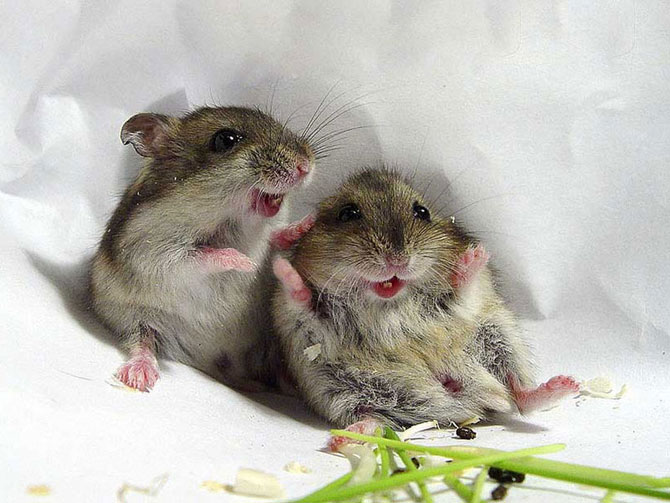
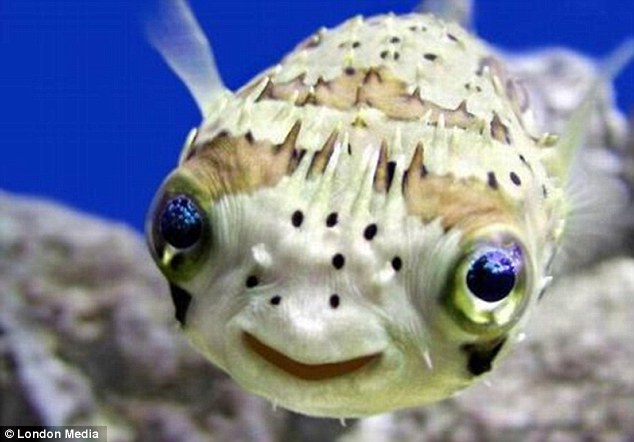
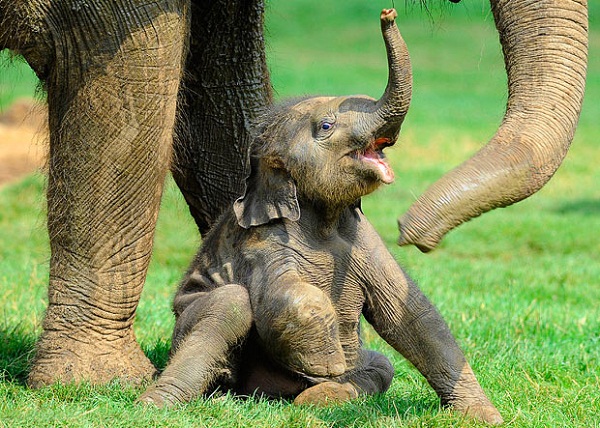
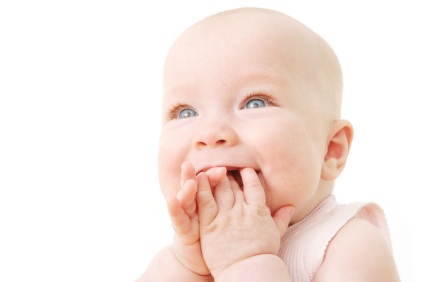
So...do we all have that feeling that brings laughter?
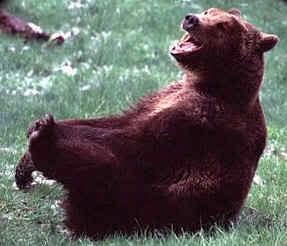
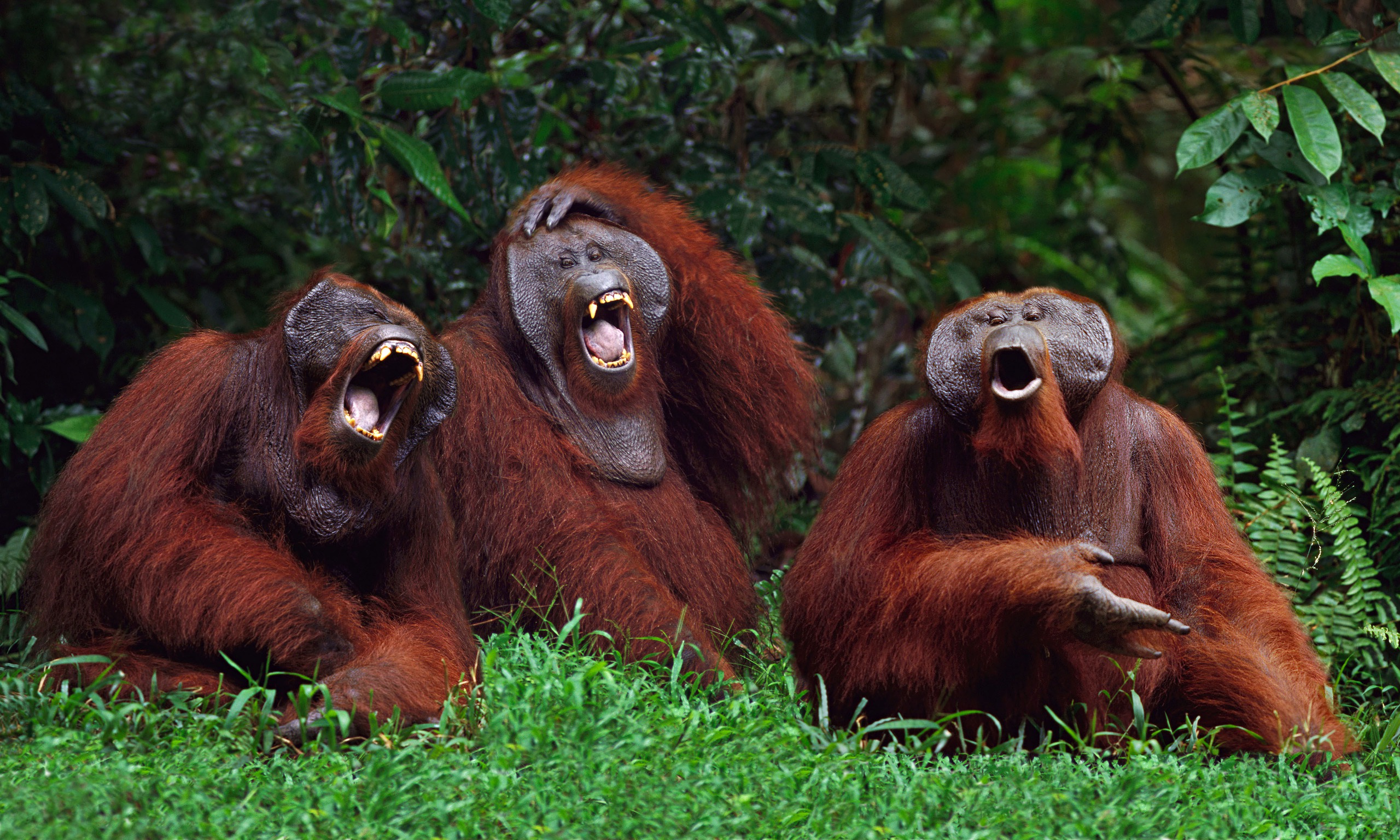
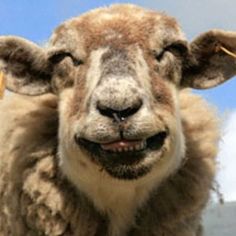
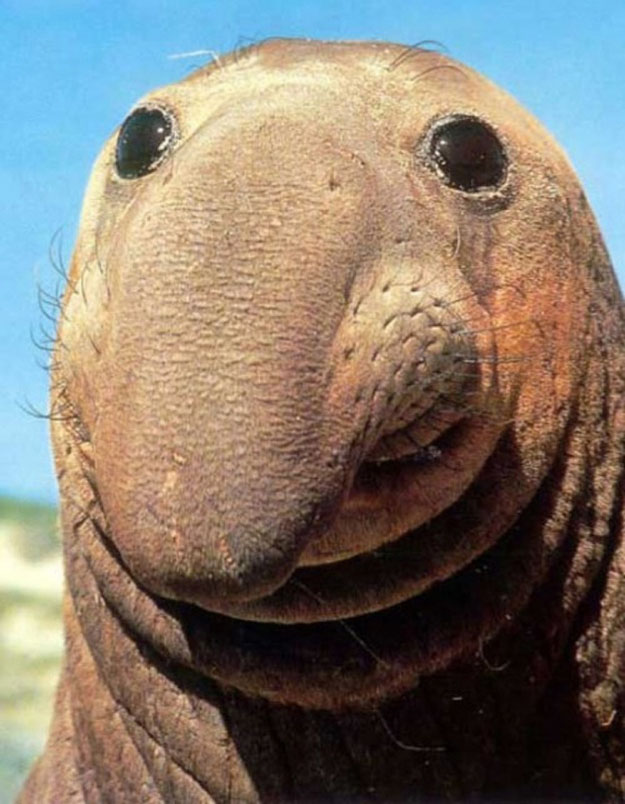
Cedar
Scent of Cedar *
Well-Known Member
This was on my Facebook this morning.
http://www.thejewishweek.com/editorial-opinion/musings/good-humor
This man has a beautiful face.
Cedar
http://www.thejewishweek.com/editorial-opinion/musings/good-humor
This man has a beautiful face.
Cedar
Scent of Cedar *
Well-Known Member
It's official, you guys.
Laughter is so good for us.
***
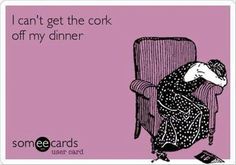
***


Cedar
Laughter is so good for us.
***

***


Cedar
Scent of Cedar *
Well-Known Member
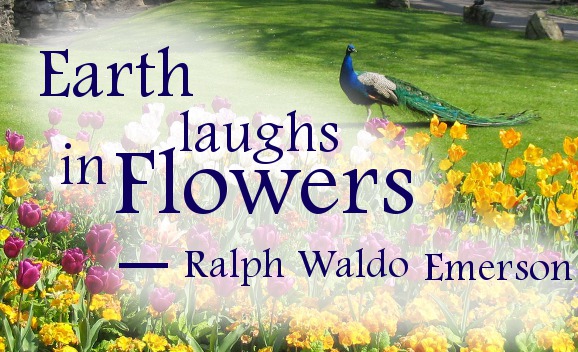



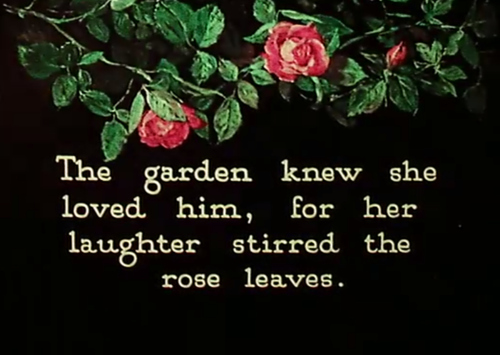
Pictures of flowers can make us happy, too. Like pictures of people or animals laughing.
:O)
Cedar
Last edited:
Scent of Cedar *
Well-Known Member
Scent of Cedar *
Well-Known Member
Similar threads
- Replies
- 5
- Views
- 405


